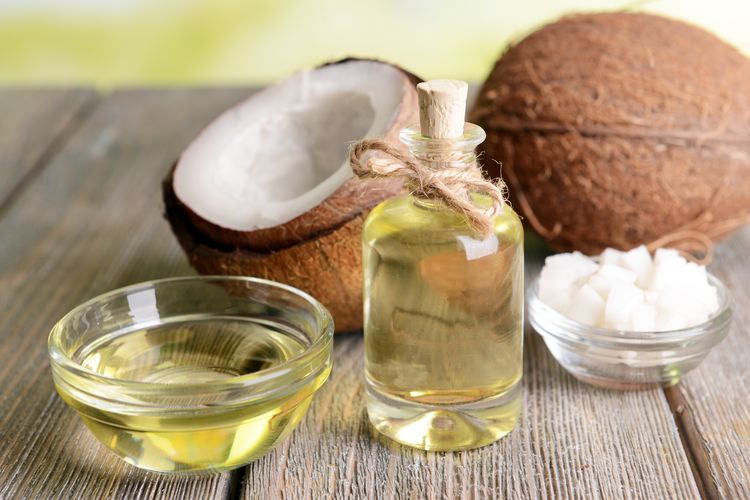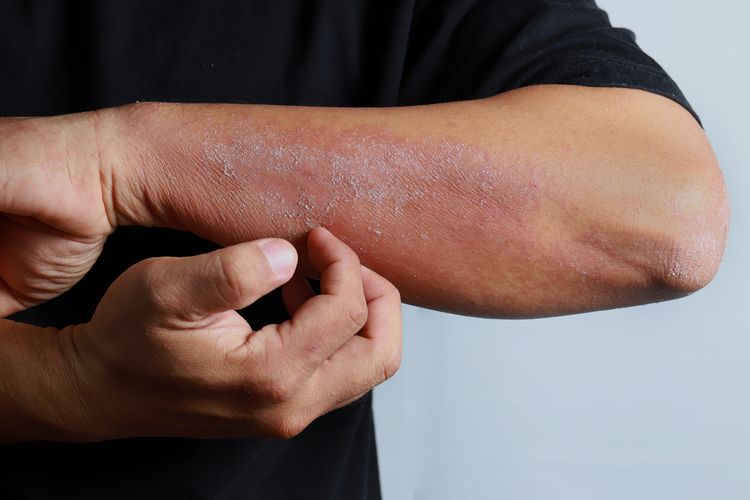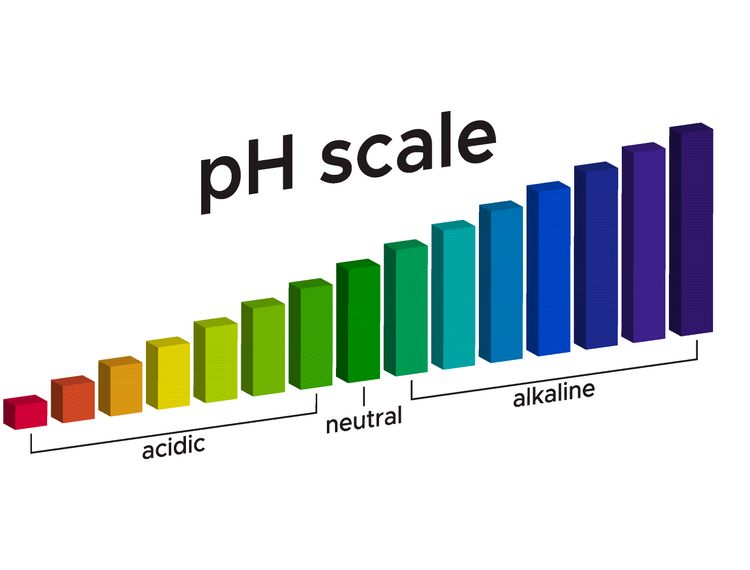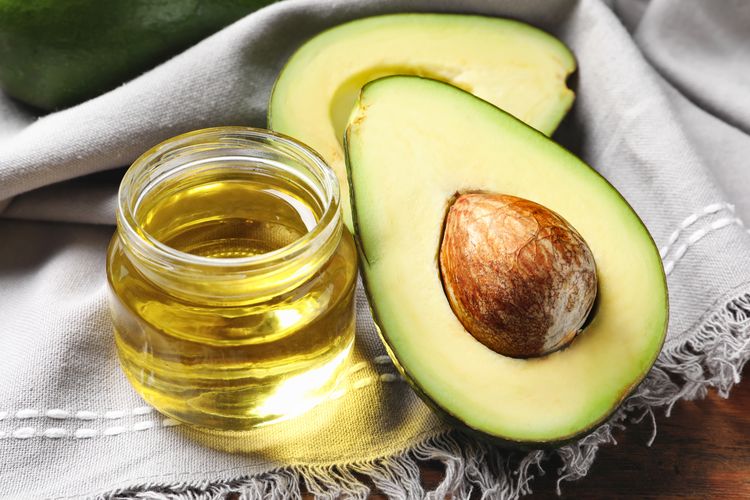Why Coconut Oil Isn’t Your Skin’s Friend
Coconut oil has been having a moment for, well, years. And its claim to fame has extended to skin care, where it’s received props for being a natural oil moisturizer that can revive skin’s beauty.
But in reality, coconut oil applied to the skin can make certain conditions worse. According to Rachael Pontillo, licensed aesthetician and plant-based functional nutrition practitioner, “While coconut oil has become a popular DIY remedy for just about every skin, health, and hair issue, for many people it makes matters worse.”
Here are four reasons why you might want to skip the coconut oil when you’re looking to soothe or smooth your skin.

Coconut Oil Is Highly Saturated
When saturated fat is applied to skin, it can worsen certain conditions such as perioral dermatitis. Because coconut oil is 90% saturated fat, it’s fair to say it could exacerbate skin problems.
In addition, coconut oil’s large molecules are absorbed slowly, meaning it stays on top of the skin and can cause an occlusive barrier. In other words, coconut oil doesn’t allow for your skin cells to breathe or detoxify. Says Pontillo, “[Coconut oil] interferes with normal lipid production, and can feel physically and emotionally suffocating; remember, the skin is a key part of the nervous system because it contains thousands of nerve endings per square inch.”

Coconut Oil Interferes With Your Skin’s Microbiome
Skin’s microbiome helps your skin stay healthy and maintain a tight barrier from the outside world. One of the major problems when it comes to skin rashes is dysbiosis of the skin’s healthy microbiome.
Coconut oil can kill microbes including bacteria, viruses, and fungus: A solution with as little as 5% coconut oil is bactericidal to several types of bacteria. Theoretically, it would seem to make sense to use an anti-microbial like coconut oil on your skin if you have dysbiosis, but that isn’t always the case. Some fungal rashes might benefit from using a natural antimicrobial like coconut oil as a spot treatment, but regular and repeated use is not a good idea. “Even natural antimicrobials can disrupt the balance of the skin’s microbiome, which can affect your immune system and barrier function, increase inflammation, and lead to dysbiosis,” says Pontillo.

Coconut Oil Can Disrupt pH Levels
Your skin has a natural pH level, which is a measure of acid-base strength on a scale from 0-14. On one end are acidic substances (pH from 0-6) and the other end are basic (or alkaline) substances (pH of 8-14). Each unit of pH is 10 times stronger than the one next to it, which means that skin with a pH of 5 is at least 100 times more acidic than pure water.
Coconut oil has a pH of 7-8. If healthy skin’s natural pH is around 5, it means that coconut oil is 100-1,000 times more alkaline than your skin. The result: Applying something like coconut oil can alter skin’s pH to such a degree that it can create and perpetuate a state of dysbiosis of your skin’s microbiome and lead to skin conditions such as eczema.

Natural Alternatives Better For Your Skin: Avocado, Jobjoba, Sunflower Seed, Sesame and Olive Oil
If you’re looking to enhance your skincare routine with natural plant oils, the following options can help your skin from the outside-in in different ways.
Avocado contains many vitamins, minerals, and skin-supporting oils like linoleic acid. Avocado is excellent for treating dry, damaged, or chapped skin, and helps to support softer, calmer skin.
Because jojoba oil is very similar to sebum, an oily substance naturally produced by skin that lubricates and waterproofs, it has a number of proven anti-inflammatory effects. This type of oil can repair skin damaged by acne, dermatitis, infections, and aging.
Sunflower seed oil has a moisturizing effect, owing to its high concentration of a fatty acid called linoleic acid that enhances the outer layer of skin cells. Even a 2% solution of sunflower oil improves skin condition similar to using a steroid cream.
Sesame oil, an anti-inflammatory, promotes healthy skin barrier function. Because of its significant antioxidant activity, sesame oil has long been used in Taiwanese medicine to relieve pain and inflammation in joints by massaging it into the skin.
Often compared with sunflower seed oil, olive oil has several proven skin benefits. When applied to babies’ skin, both oils rank similarly on hydration, reduction of skin water loss, as well as pH and redness.
